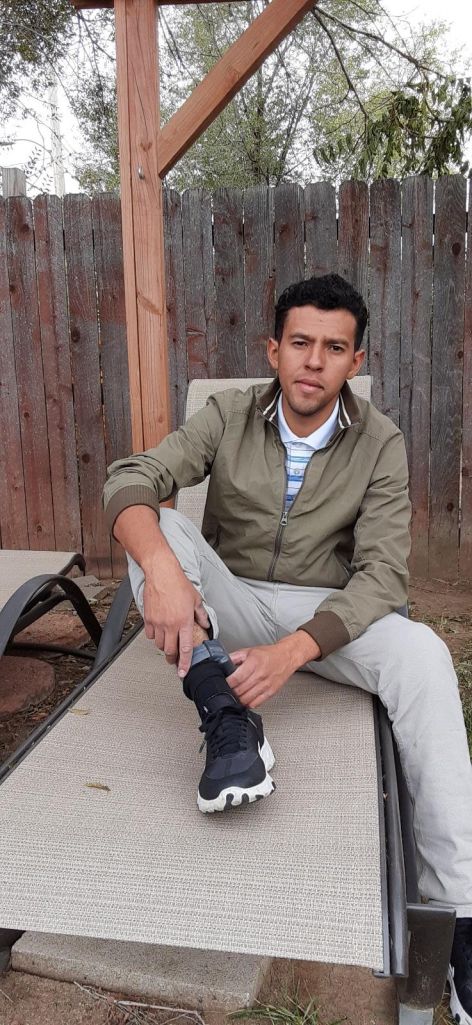They are considered to be part of a strategy to detain immigrants and asylum seekers
When Gixson Zambrana, a young Nicaraguan refugee, looked at the paper that showed that the immigration judge had set him a bail of $ 35,000 to set him free in the United States, went into shock, could not give credit to the stratospheric figure that His eyes saw.
“Even the officer who handed me the document looked admiring when he saw the extremely high amount. For my part I entered a state of depression because it was a lot of money, but it was that or return to Nicaragua; and face jail or murder, ”he says.
The only option the boy had was to turn to the Free bonding company for Nexus so that they would lend him to pay the $ 35,000 bond to Migration.
"To lend me, I was asked for 20% of the total of $ 35,000, which was $ 8,280 and two monthly payments for the electronic shackle that was put on my ankle so that it did not escape me. They also wanted $ 500 in operating expenses. In total there were $ 8,780 that were given to Nexus to give bail, and a contract was signed to pay 60 monthly payments for $ 475. In total, they will receive $ 37,280, ”he explains.
Unlike a bond that is paid directly and that Migration returns the money once the case is resolved for better or worse, in this case they will not return anything to Gixson but to the consolidator.
Because the boy cannot work, the pastors of the First Baptist Church of Meywood, Ada and Mel Valiente have helped him pay the monthly payments to the bonding company.
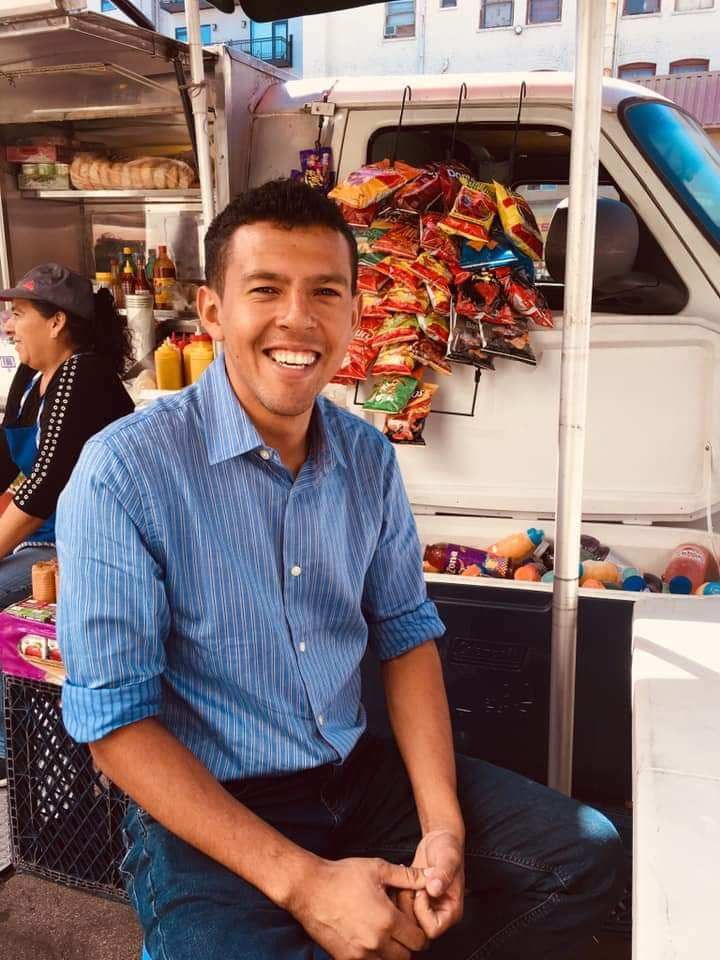
A distressing welcome
“I never thought that I would start my life in this country with such a high debt, more lawyer expenses,” says Gixson, who at times feels very dejected by sadness because of debt.
“I was a student worried about contributing to our country. In December, while my former university classmates were graduating, I was receiving a bail and a shackle instead of my university degree”, He says.
And he admits that it has been very hard for him, to lose his studies when he was a semester from graduating and not being able to continue studying here due to the lack of immigration status.
Gixson was born in Jinotega, a department in northern Nicaragua 22 years ago. I studied for an industrial engineer and worked for a cooperative of farmers who grow cocoa.
His story is connected to that of his brother Mixan Zambrano who worked for the mayor of the municipality of San José de Bocay in Nicaragua; and he was a political activist against the imprisonment, murder and injustices of opponents of President Daniel Ortega's regime.
“On January 2, 2018, my brother Mixan was attacked with a firearm by masked subjects who, according to witnesses, were police officers. Already months before, on November 25, 2017, he had been threatened and beaten for denouncing electoral fraud in the municipal elections of San José de Bocay, ”he says.
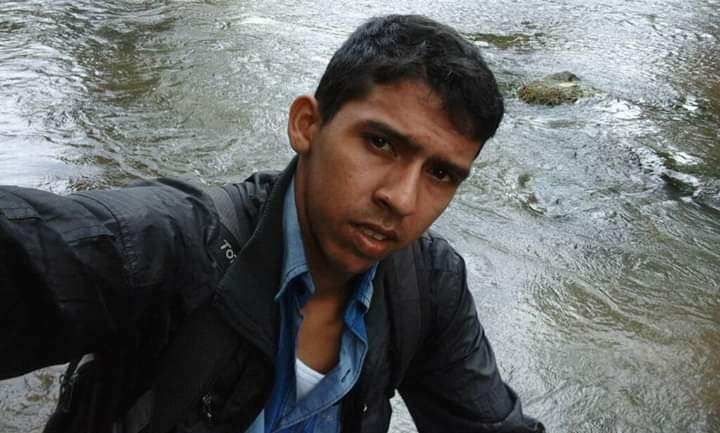
The causes of his departure
On February 6, 2018, Mixan died at age 23 in the hospital as a result of the attack suffered. “He was the first student murdered in Nicaragua, prior to the student rebellion on April 18, 2018. When my brother happened, people still did not want to believe that the government was killing young people,” says Gixson.
The unexpected murder of his brother leads him to participate in the youth march in April 2018 against the Nicaraguan government.
“They invited me to leave and report. This put me in the eye of the oppressors. They accused me of troublemaker and began to threaten me. I was arrested several times when I went to work, ”he recalls.
In order to avoid the same fate as his brother, Gixson took refuge 15 days in Matagalpa, a city in the mountains of Nicaragua. Fearful for his life, he decided to leave his country on July 26, 2018. On August 18 of that same year, he crossed the southern border and requested refuge and political asylum in the United States, on the side of the state of Texas.
“I had six days in four coolers – cells with freezing temperatures. They put me 26 days at the Rio Grande Detention Center in Texas. From there they took me to Missisippi and up to 40 days later they made me the credible fear interview. I passed it and they transported me to a detention center in Lufkin, Atlanta, where I was locked up for two months until the large bail was approved and I went out to fight my case in freedom, ”he says.
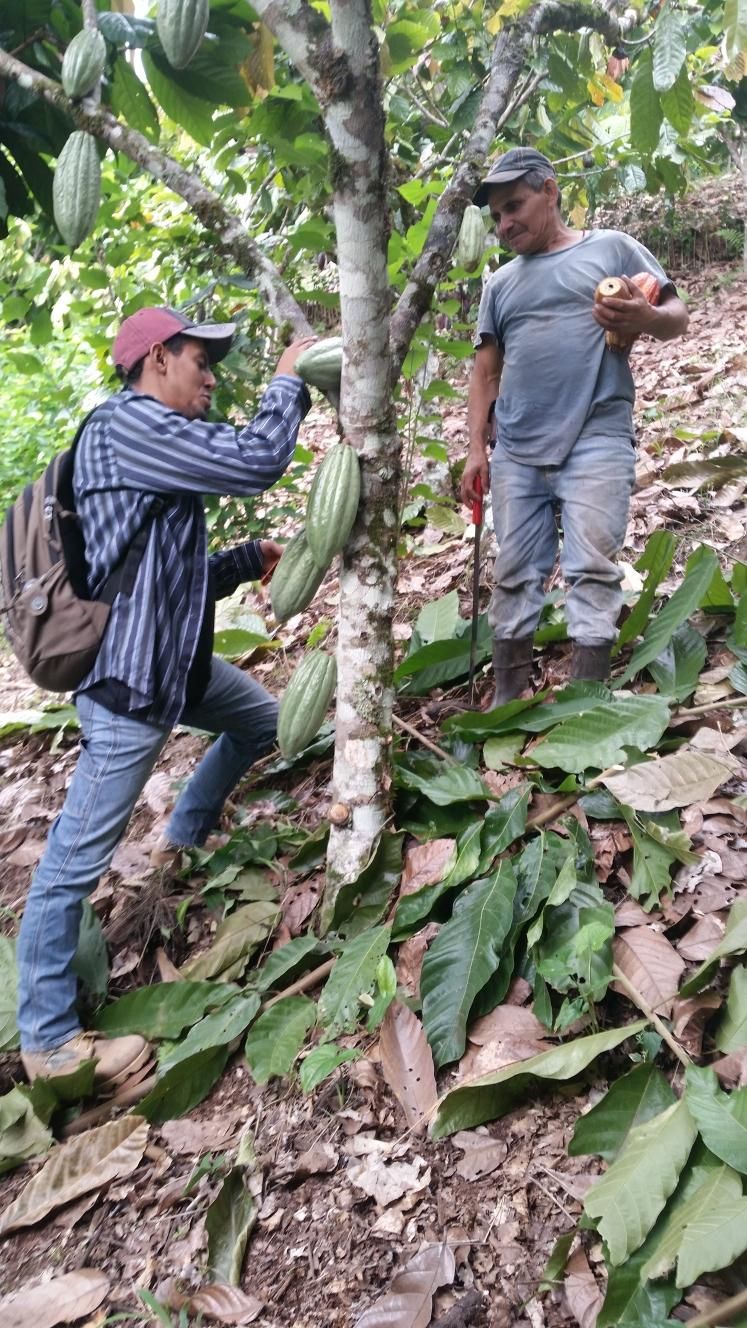
The high cost of your freedom
Gixson regained his freedom on January 1 of this year. “I spent some time living with my sponsor Roberto Bendaña in Texas. Then I met the brave shepherds. I came to Los Angeles and after a while, they got me a home in Colorado where I am now, ”he says.
And he recognizes that psychologically he feels very bad because he can't work; and for bringing the electronic shackle on his ankle.
"When people realize, they see me as thinking that I am a criminal. Once I went to a pool center and when the mothers saw that he was bringing the shackle, they took their children by the hand and turned away', He says.
The young refugee reveals that he is worried about his father Victor Zambrana, a pastor of the Assemblies of God, an evangelical church in Nicaragua because evangelicals in his country support the government. So there has been no support for his father, his murdered brother and for himself. The Assemblies of God have left you alone.
But even though the pain and shadow of uncertainty weigh on his life, he says he is very grateful to the brave pastors of Los Angeles for the legal, economic and spiritual help they have given him.
“We are going to help him as much as we can because his life is in danger if he returns to Nicaragua. We cannot allow the evangelical churches and the Nicaraguan community to turn a deaf ear to young people in exile in the United States, ”says Pastor Ada Valiente.
He also denounces the abuse of bail bonding agencies and criticizes the judges setting amounts of unreachable bonds; and that even with a valid case, they don't approve of asylum. “They are using those high bonds to stop migration“, Emphasize. And he urges the community and the evangelical community of Nicaragua to stand up for the young refugees.
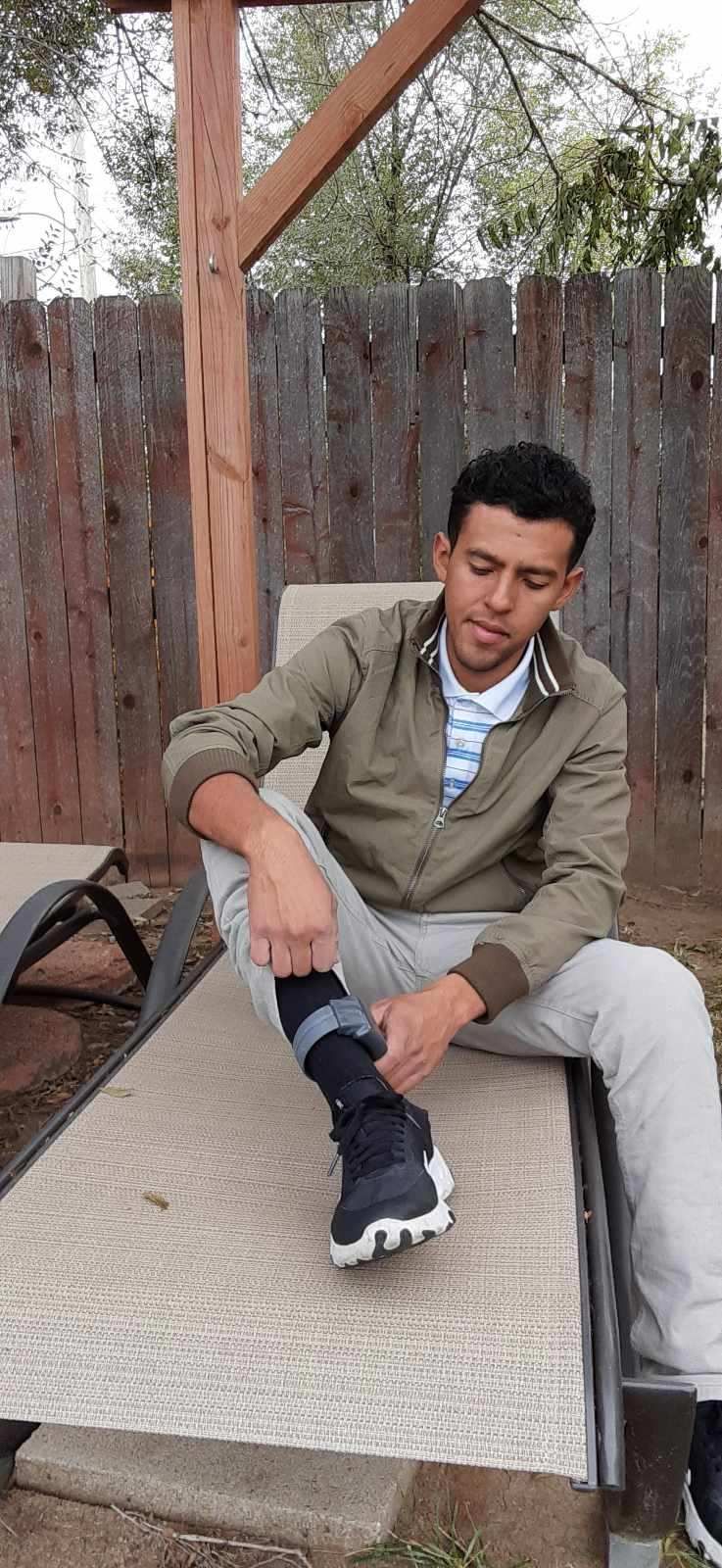
Upward Bail Bonds
A report of Transactional Records Access Clearinghouse from Sycaruse University revealed in July 2018 that bail prices in immigration courts have increased 50% in the last five years until reaching an average of 7,500 dollars. In some parts of the country, they range between 10,000 and 15,000 dollars.
The higher the bond, the greater the likelihood of immigrants staying in detention centers before being deported, they say.
In the criminal court system, a person who seeks his freedom while giving the result of his case only pays 10% of the cost while the insurer guarantees the total amount. But in federal immigration courts, immigrants have to pay the total.

